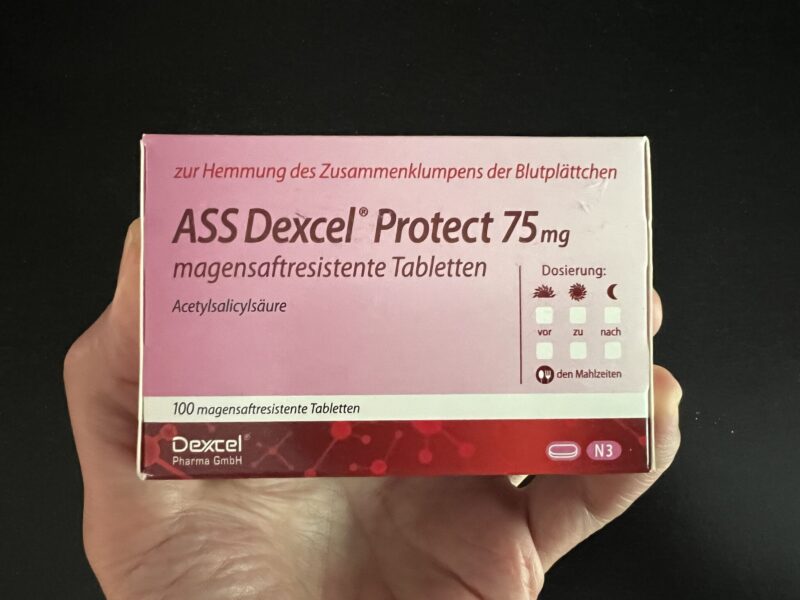Salah-Eddin Al-Batran, Director of the Frankfurt Institute of Clinical Cancer Research, shared a post on LinkedIn:
“A Perspective on Aspirin as an Adjuvant Therapy.
Dear colleagues,
Many of you may have noticed the recently presented results from the ALASCCA trial, a randomized study in patients with stage II to III colorectal cancer harboring PI3K pathway mutations (such as PIK3CA and PTEN), reported a significant around 50% reduction in recurrence rates with adjuvant aspirin therapy.
Patients with non-canonical PIK3CA or PTEN mutations showed particularly strong benefit.
With many colleagues, we recently discussed three key questions arising from these results:
- How might the effect of aspirin be explained?
- Should we now prescribe adjuvant aspirin to all patients with colorectal cancer requiring adjuvant therapy?
- And finally, could aspirin also be considered in other cancers that carry PI3K pathway alterations?
What could explain this effect?
While aspirin is known for its anti-inflammatory and anti-platelet properties, as well as micro-environmental effects, the inhibition of the mTOR pathway may be the critical mechanism in this setting.
- Aspirin activates AMPK, which can suppress mTOR signaling
- mTOR inhibition leads to reduced cell growth and increased autophagy
- This is particularly relevant in tumors driven by PI3K pathway alterations
However, promising as these findings are, they cannot be generalized across all cancers.
For instance, the AllianceA011502 trial in high-risk early breast cancer showed no benefit of aspirin in preventing recurrence. Despite strong biological rationale, the outcomes were numerically worse in the aspirin group, highlighting the importance of tumour-specific biology.
Similarly, the ASCOLT trial in an unselected population of patients with stage II and III colorectal cancer did not show a significant benefit of aspirin in terms of disease-free or overall survival. These findings suggest that genetic context matters.
The oncology community now looks to the ongoing AddAspirinTrial, which is evaluating the role of aspirin in several solid tumors, including colorectal, gastroesophageal, prostate and breast cancers, with stratified cohorts and long-term follow-up.
In Clinical Practice, I recommend adjuvant aspirin in patients with colorectal cancer who also have cardiovascular risk factors, even in the absence of genetic profiling. In younger patients without cardiovascular comorbidities, I prefer to prescribe aspirin only if their tumors harbor alterations in the PI3K/AKT/PTEN pathway.”

More posts featuring Salah-Eddin Al-Batran.
